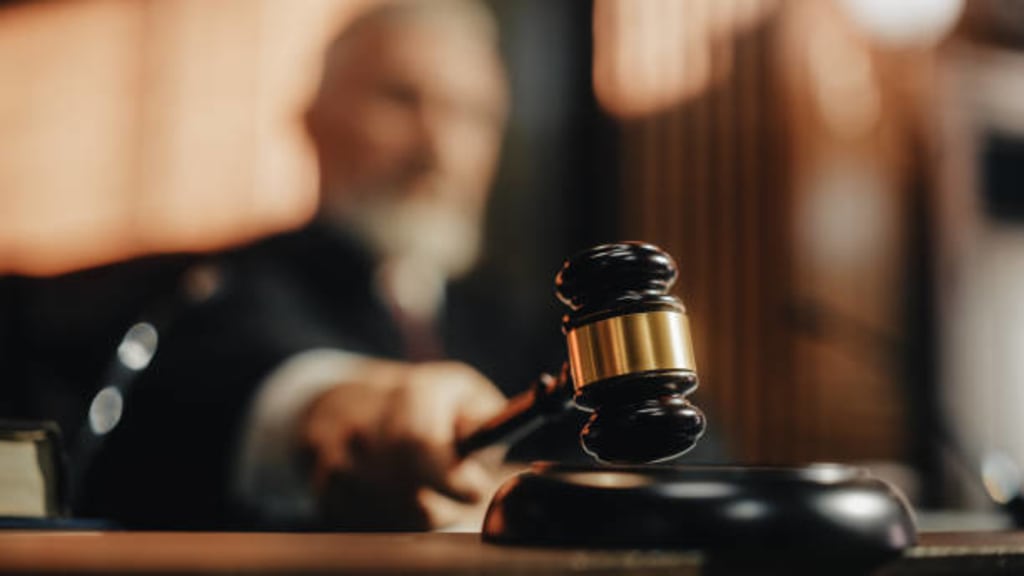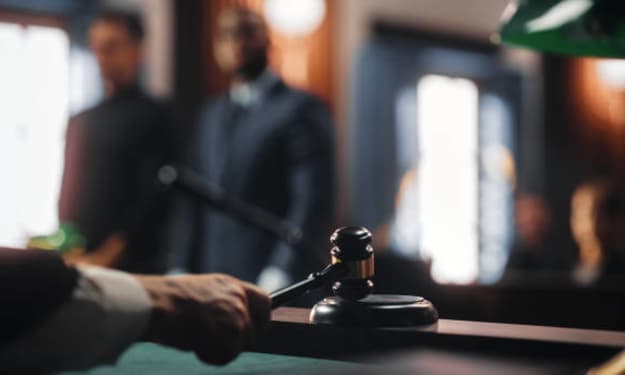Limitations of Trademark Prosecution
Trademark laws and prosecution offer several benefits, yet many challenges are still in their way. Let's find out more.

The Trademarks Act of 1999 enables the safety of well-known trademarks in 2 modes: action against the registration of identical trademarks and action against the abuse of well-known trademarks.
Trademark prosecution is essential since it is a way to safeguard and secure a trademark from any brand breach. While, on the one hand, prosecution of Trademark offers many advantages and benefits, on the other hand, it comes with a particular set of limitations. Such constraints arise based on the essence of trademarks.
Significance of Trademark Registration
Trademark registration in Mumbai is crucial as it delivers a unique individuality to a brand and its services. It ensures the standard of the grade of the products or services.
With trademark registration, it is pretty manageable to promote a brand as the people easily identify it and entrust it. It builds a reputation in the market, helps the Trademark proprietor defend its brand from being intruded on or misused by others, and offers many legal rights and advantages to the registered trademark holder.
Eligibility Criteria for Trademark Registration
A trademark application can get filed by any person who expects to give a label a trademark and safeguard it from being misused by others. Therefore, the applicant or an agent empowered by him can file for trademark registration. The registration can be completed either online at the official website of trademarks, in person, or by post.
What are the Constraints of Trademark Prosecution?
Functionality Constraint
One of the constraints lies in what can be trademarked. The hurdle arises concerning what can be trademarked and what cannot. A person can ensure only specific things with trademark registration. Any element that improves functionality or usability is not shielded under the trademarks act. This constraint indicates that the product must not be non-functional; it must not have any part or goal to it.
For example, suppose one person sells a product under a typical formation or special packaging, which is sufficient for making it different. In that case, it is pretty likely to get a trademark. However, if such packaging or condition improves the product's usability, then registration is not feasible. This type of rule helps to keep a healthy competition between the rivals.
Fair Use Constraint
The principle of fair use is devoted to the prosecution of Trademark. Under the trademark laws, there are many generally used words, and the owner cannot claim sole rights over such words if his Trademark is used in a distinct context.
Since many trademarks depend on the terms commonly used in everyday language, the Trademark owner cannot execute his rights on it. For example, a trademark is used in caricatures, advertisements, and non-commercial use in educational articles, media reports, etc. therefore, asserting exclusive rights is not allowed if a third party uses a trademark following the principles of fair use.
Geographical Area Constraint
The Trademark uses in the geographical area where it has been assessed. Geographical borders play a critical role in determining which country or city the Trademark shall be useful.
When a trademark registration in Mumbai takes place, the enforcement of such trademark is useful only within the Jurisdiction of India. If one needs the protection of a trademark in more than one country, a respective international application must be applied in that country. Such limitation is even more limited when it comes to unregistered trademarks, where such trademarks can only get implemented locally.
Parallel Import Constraint
Prosection of Trademark cannot stop parallel imports. Parallel import means purchasing products from the rightful proprietor and selling them further for less payment via unaccredited media in the market.
The Trademark proprietor has no right to control the following sale of goods in any part of the country, as his ownership over the products is finished after completing the first sale. The trademarks act cannot safeguard against parallel importation.
Conclusion
Trademark prosecution is necessary for a label to shield its mark from being intruded upon by others. It allows businesses to expand their trade and bring honour by adding value to their brand. However, there are certain constraints to the protection as well. Companies must consider such limits of trademark laws to work accordingly and expand efficiently.
About the Creator
Avinash Jain
Hey, I am a corporate paralegal. If you are looking for any trademark services from trademark conceptualization all the way to registration and protection.
Contact us or visit our site now: https://trademarknight.com/





Comments
There are no comments for this story
Be the first to respond and start the conversation.